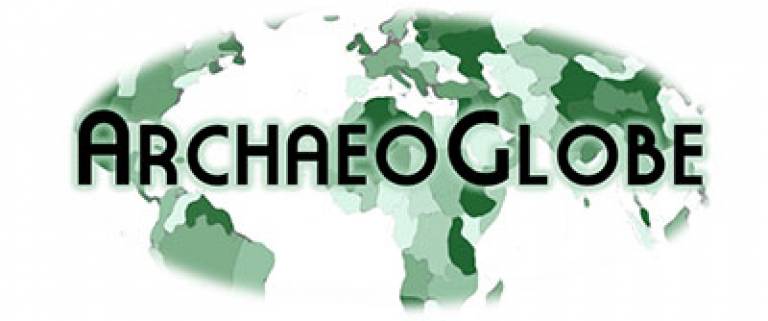ArchaeoGLOBE results show effect of past human landuse on planet
8 October 2019
The results of the ArchaeoGLOBE project, for which Dorian Fuller (UCL Institute of Archaeology) was one of the project designers and lead co-authors, were published recently in Science.

The ArchaeoGLOBE project involved crowd-sourcing expert knowledge from archaeologists globally about the extent of different forms of land use over the past 10,000 years.
Drawing on surveys completed by approximately 250 archaeologists, and involving inputs on the analysis and manuscript from 120 co-authors, including contributions by Institute researchers Dorian Fuller and Mark Altaweel, this study demonstrates the breadth and depth of knowledge of past human landuse, but also highlights how knowledge is quite uneven in time and space.
Pooling their knowledge of past land use, the project team was able to push back the date when human farming and other practices began altering the planet. Compared to previous global databases of past global landuse, such as the HYDE database often used in global climate change models, this study shows that the impacts of human landuse are likely to have been more extensive and widespread than often assumed. By 3000 years ago extensive agriculture was widespread over a majority of the global region while intensive agriculture became widespread from around 2000 years ago.
The complete dataset and computer scripts for analysis have been made publically available to encourage further analysis and research - ArchaeoGLOBE Harvard Dataverse.
 Close
Close

